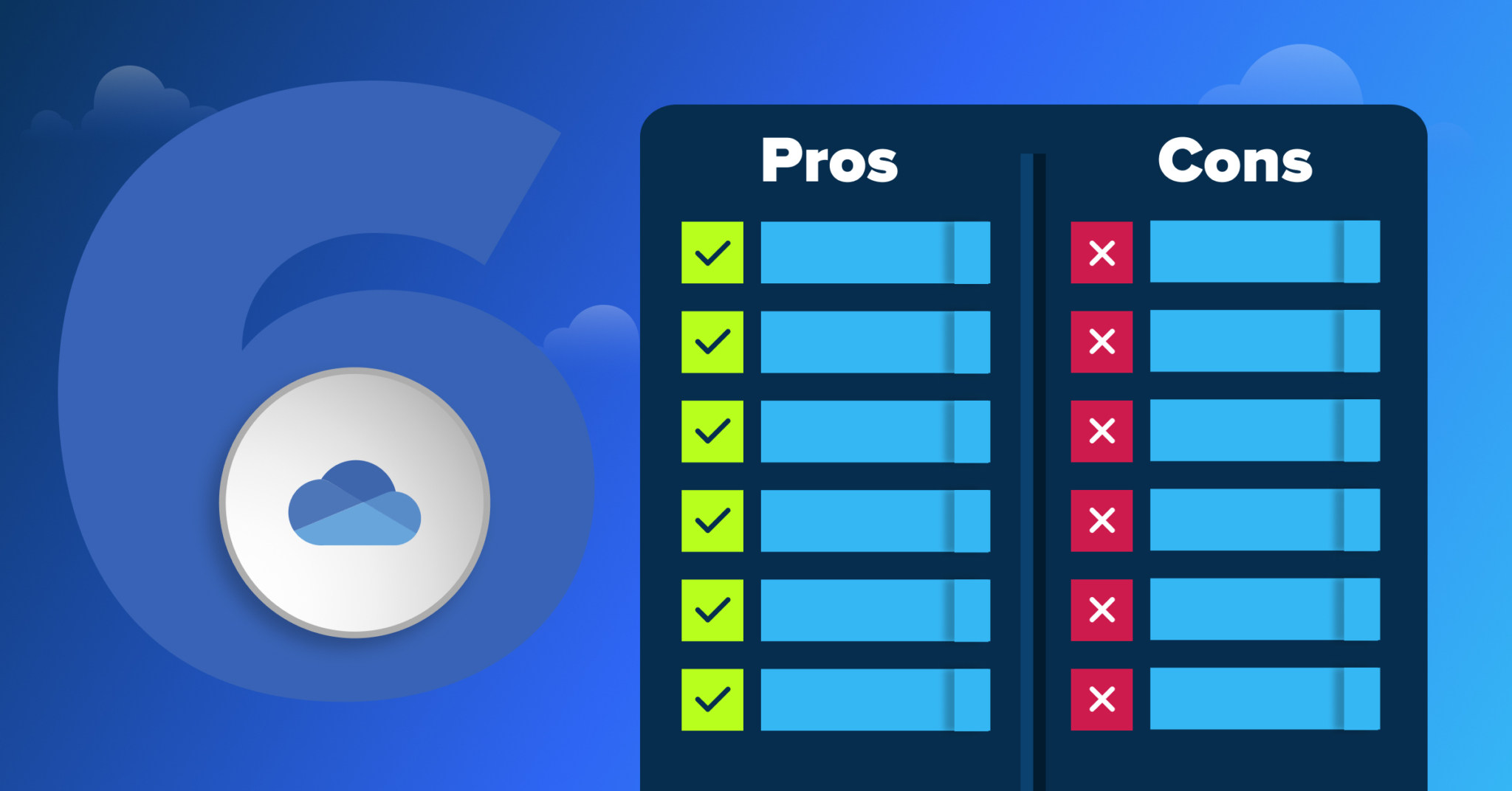
Did you know that Microsoft 365 (M365) has over 300 million active users worldwide, making it one of the most popular SaaS platforms? At the core of this suite is OneDrive that seamlessly bridges the gap between remote work, hybrid setups, and team collaboration. In a world where flexible work is the norm, tools like OneDrive are critical for keeping employees connected and productive.
Overview of OneDrive’s Features and Functionality
OneDrive is not just a cloud storage solution. It’s a hub for productivity. Its versatility makes it a go-to tool for businesses managing hybrid and remote work environments.
Here’s what makes it indispensable:
Integration with Microsoft 365 apps: Enhances workflow by integrating with Teams, Outlook, and Office apps.
File synchronization: Keeps your data updated across all devices, ensuring seamless transitions between workspaces.
Secure file sharing: Enables easy, secure sharing with colleagues and external collaborators.
Generous storage: Starts at 1TB per user, potentially scaling up to 25TB per user.
Pros of using Microsoft OneDrive
- Anywhere, anytime access
OneDrive ensures your files are always accessible, whether on a desktop at work, a laptop at home, or a mobile device on the go. Start a presentation at the office, tweak it during your commute, and deliver it seamlessly from your tablet. - Robust security
With enterprise-grade encryption and world-class data centers, OneDrive ensures your files are secure both in transit and at rest. - Streamlined file sharing
Say goodbye to attachment size limits. OneDrive allows secure and efficient file sharing with just a few clicks, making collaboration easier than ever. - Access restrictions
Need to control where and how files are synced? OneDrive allows admins to set device restrictions and define sharing permissions for added security. - Bandwidth management
Users can limit upload and download speeds, ensuring that OneDrive doesn’t hog network bandwidth during synchronization. - Files on demand
With this feature, users can keep most files stored in the cloud, downloading only what’s needed. It’s perfect for devices with limited storage.
Cons of Using Microsoft OneDrive
- Privacy concerns
While OneDrive is secure, Microsoft controls the encryption keys. This means they can access your data if required by law—a potential red flag for sensitive information. - Short-term retention for ex-employees
Once an employee’s license expires, their data isn’t stored long-term. If you don’t back it up within 30–90 days, you risk losing important files. - Special character and path limitations
Certain characters and excessively long file paths can disrupt synchronization, which can be frustrating for users. - File and Sync Limits
OneDrive struggles with large numbers of files (over 100,000) or files exceeding its size limit (250GB). This can impact performance in data-heavy environments. - Misconception as a Backup Solution
OneDrive is excellent for syncing but lacks the immutability and ransomware protection of a dedicated backup solution. For instance, ransomware infections or malicious deletions can quickly propagate across synced files.
Comparison: OneDrive vs. Google Drive vs. Dropbox
| Feature | OneDrive | Google Drive | Dropbox |
| Storage | 1TB+ (expandable) | Starts at 15GB (free tier) | Starts at 2GB (free tier) |
| Collaboration | Excellent with Microsoft 365 | Seamless with Google Workspace | Limited to integrations |
| File sharing | Secure and efficient | User-friendly | Easy and streamlined |
| Privacy | Some concerns over keys | Similar concerns | Known for privacy features |
| Offline access | Files on Demand | Limited offline options | Strong offline capabilities |
| Performance | Syncs up to 300,000 files | No specific sync limit | Faster, with better sync tools |
Overcoming OneDrive’s limitations with third-party solutions
Despite its many advantages, OneDrive has gaps that can be addressed with third-party solutions. How you can overcome those:
- Enhanced backup capabilities – Backup solutions like CrashPlan integrate with OneDrive, offering features like ransomware protection, immutable backups, and coverage for all data on your endpoints.
- Privacy enhancement – Backup and recovery solutions ensure your files are encrypted before they reach OneDrive, giving you sole control of decryption keys.
- Expanded data coverage – Extend OneDrive’s reach to include data stored outside the default folders (e.g., other drives or custom directories), ensuring comprehensive protection.
These integrations make OneDrive into a fully-fledged data protection and management solution. Microsoft OneDrive is a powerful tool for the modern workplace, offering unparalleled convenience and integration with Microsoft 365. However, it’s not without its limitations. By understanding its strengths and weaknesses and leveraging third-party solutions, you can open its full potential and ensure your data remains secure, accessible, and protected.
Learn how CrashPlan’s simple setup and robust features can make backing up your files effortless.





